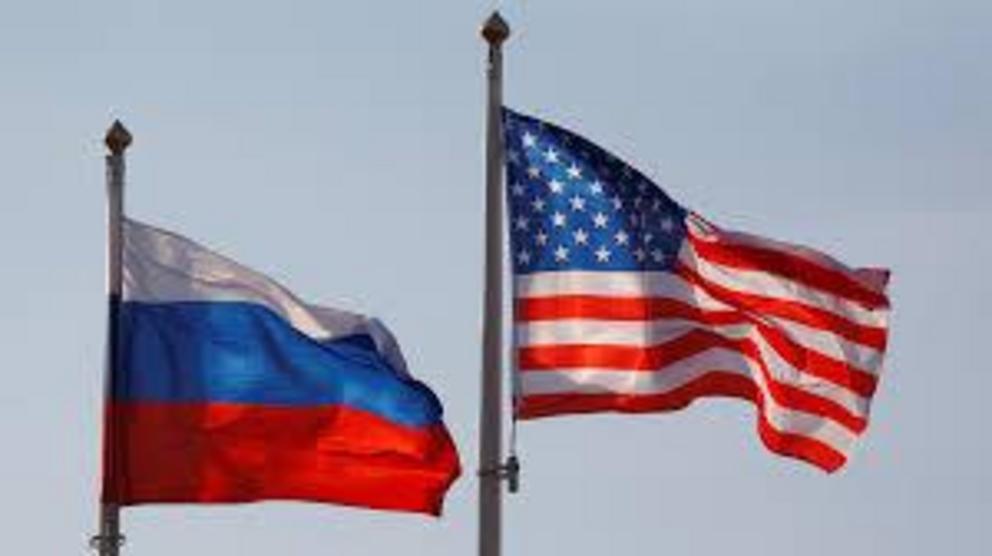Sanction mania vs. Russia
For nearly 100 years, Russia has been under US sanctions, often to the detriment of American national security.
The John Batchelor Show, August 15 at source link below.
Stephen F. Cohen, professor emeritus of Russian studies and politics at NYU and Princeton, and John Batchelor continue their (usually) weekly discussions of the new US-Russian Cold War. Previous installments, now in their fifth year, are at TheNation.com.
Cohen begins by putting the current bipartisan Senate campaign to impose new, “crushing” sanctions on Russia in historical context. Broadly understood, sanctions have been part of US policy toward Russia for much of the past 100 years. During the Russian civil war of 1918–20, President Woodrow Wilson sent American troops to fight against the emerging Soviet government. Though the “reds” were clearly the established government of Soviet Russia by 1921, Washington continued to deny the USSR diplomatic recognition until President Franklin D. Roosevelt established formal relations in 1933. During much of the 40-year Cold War, the United States imposed various sanctions on its superpower rival, mainly related to technological and military exports, along with periodic expulsions of diplomats and “spies” on both sides.
Congress’s major political contribution was the 1975 Jackson–Vanik Amendment, which denied Moscow privileged trading status with the United States, primarily because of Kremlin restrictions on Jewish emigration from the Soviet Union. Indicative of how mindlessly habitual US sanctions had become, Jackson–Vanik was nullified only in late 2012, long after the end of the Soviet Union and after any restrictions on Jews leaving (or returning to) Russia. Even more indicative, it was immediately replaced, in December 2012, by the Magnitsky Act, which purported to sanction individual Russian officials and “oligarchs” for “human-rights abuses.” The Magnitsky Act remains law, supplemented by additional sanctions leveled against Russia as a result of the 2014 Ukrainian crisis and particularly Moscow’s annexation of Crimea.
Looking back over this long history, there is no evidence that any US sanctions ever significantly altered Moscow’s “behavior” in ways that were intended. Or that they adversely affected Russia’s ruling political or financial elites. Any pain inflicted fell on ordinary citizens, who nonetheless rallied “patriotically” around the Kremlin leadership, most recently around Russian President Vladimir Putin. Historically, such sanctions were not problem-solving measures advancing American national security but more akin to temper tantrums or road rage, making things even worse, than to real policy-making.
Why, then, Washington’s new bout of sanction mania against Moscow, especially considering the harsh official Russian reaction expressed by Prime Minister Dmitry Medvedev, who called the Senate’s proposed measures “a declaration of economic war” and promised that the Kremlin would retaliate?
One explanation is an underlying, astonishing assumption recently stated by Michael McFaul, the media-ubiquitous former US ambassador to Moscow and a longtime Russia scholar: “To advance almost all of our core national security and economic interests, the US does not need Russia.”
For the rest of this article please go to source link below.
Video can be accessed at source link below.

